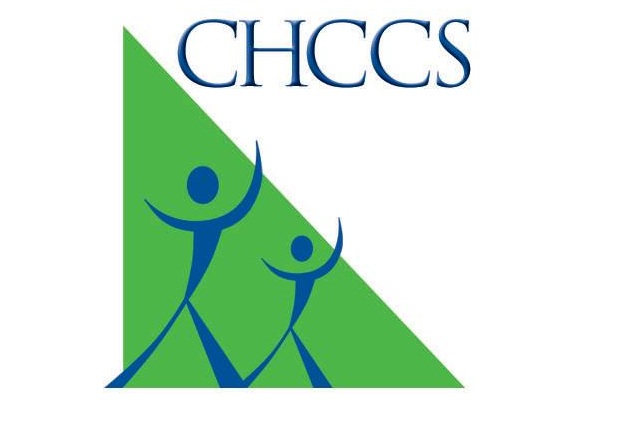The Board of Education chose not to vote on an equity plan designed to help close the achievement gap for students of color in the district.
Although no members of the board were against the creation of the plan, some said they thought the plan wasn’t ready to be approved.
The plan was initially created to tackle issues of race, but board member Rani Dasi said she thought it should be more inclusive.
“There are gaps in gender, there are gaps in LGBT treatment, there are gaps in our English-language learners,” she said. “I’m not prepared to leave this as only going to focus on one thing.”
As presented to the board in its meeting December 20, the plan focuses on closing the achievement gap for students of color.
Some of the goals outlined in the plan include creating a culture of embracing diversity, getting teachers and administrators properly trained to handle issues of race and having administrators regularly review the progress being made.
Assistant superintendent Rydell Harrison said the continued training of teachers and staff is the key component of the plan.
“For someone who has spent a lot of time thinking about issues of racial equity, they would immediately be thinking through a situation ‘how is race impacting this situation'” he said. “If you have not really spent any time building that lens and being able to apply that lens, then that wouldn’t be an area you would be focused on.”
Board chairman James Barrett told Harrison and Sheldon Lanier, who created the plan, that he thought it was a mistake for the board to not approve it.
He said the board originally asked for a racial equity plan and that Harrison and Lanier completed that assignment.
“I think it’s a real failure of the board not to approve that work and let that be considered, not done, nothing is ever done, but this document is a racial equity plan,” Barrett said. “We need to acknowledge the work that you and the task force have done on this because it’s the work we asked you to do.”
Another proponent of changing the plan was board member Pat Heinrich, who said no person reading the plan should feel excluded.
“I personally don’t think all of the equity issues have to be flushed out completely, like right now,” he said. “As long as we recognized these other issues and know that on our implementation calendar we will build a detailed plan for this at this point, you are valid, but there’s frankly a capacity limit as to what we can do.”



Comments on Chapelboro are moderated according to our Community Guidelines